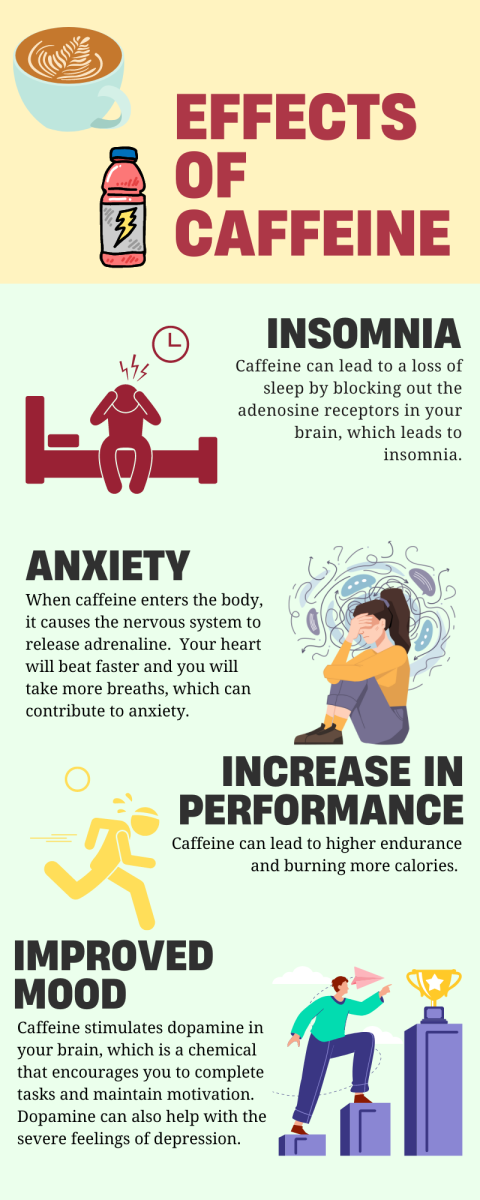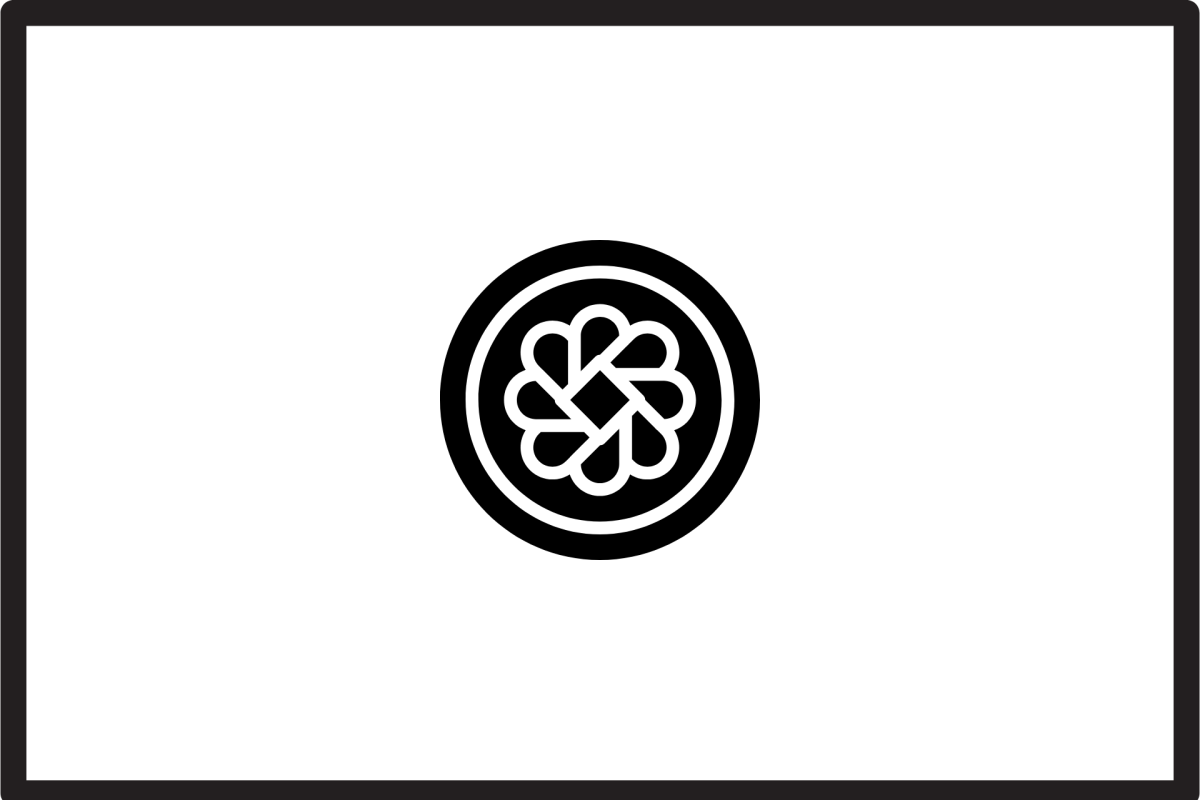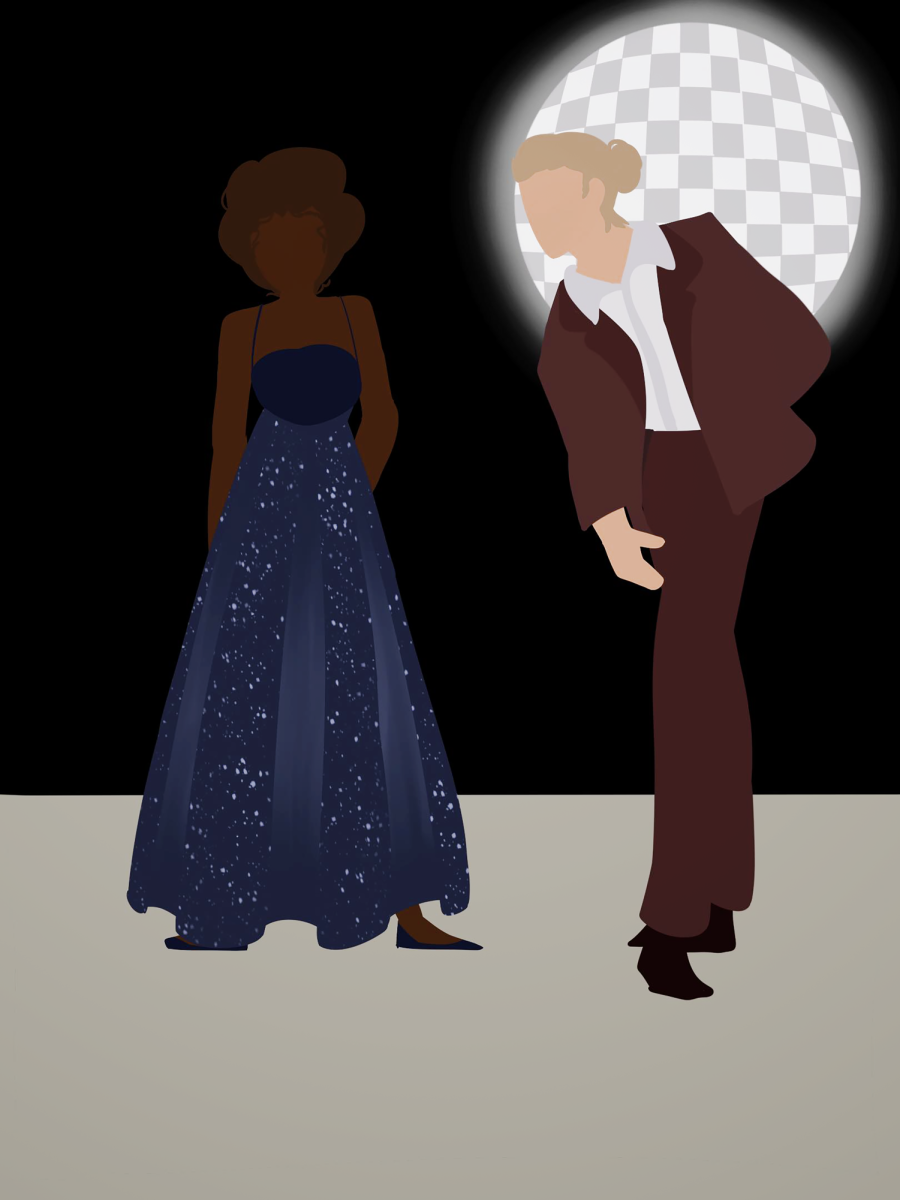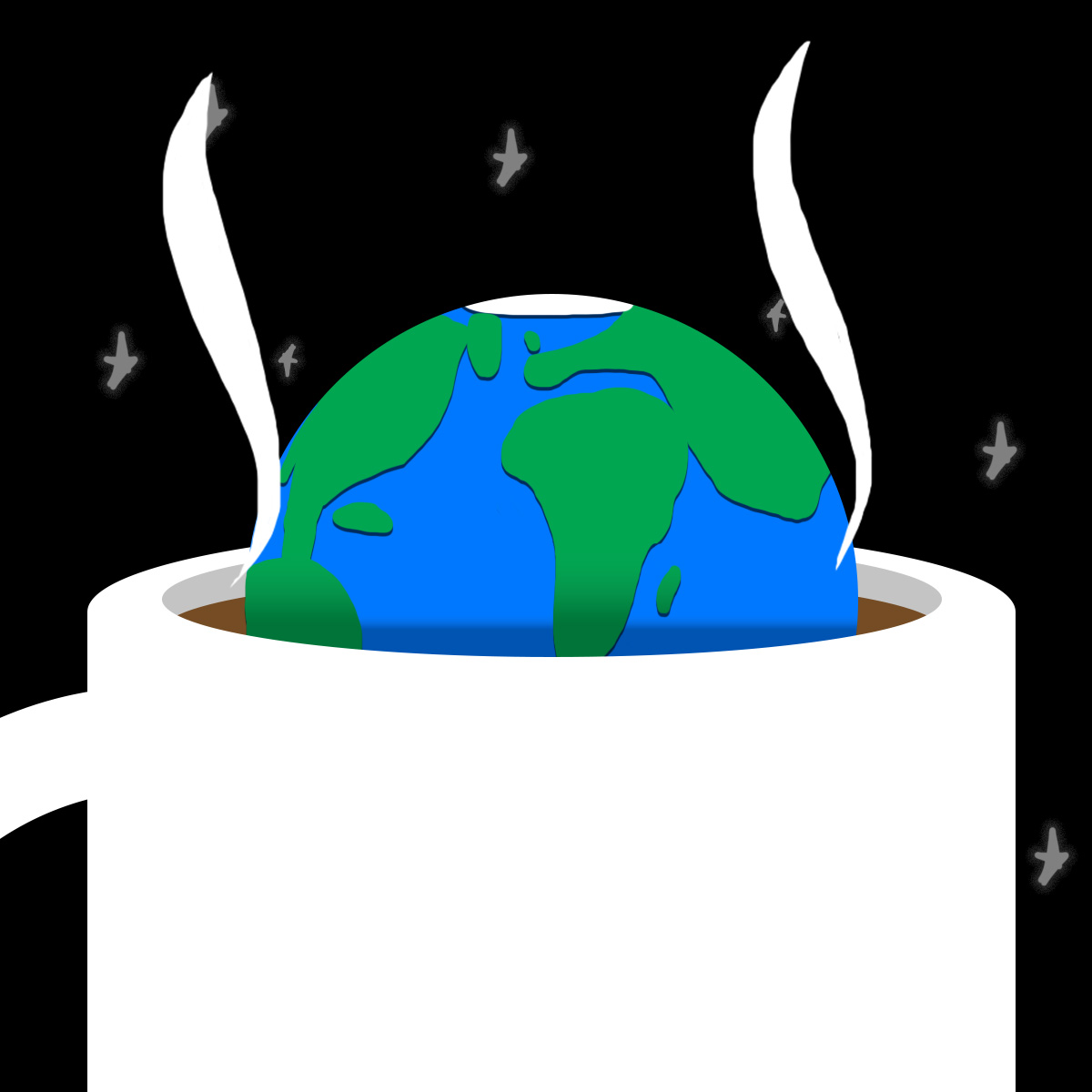As teens’ motivation levels are declining, their consumption of caffeine is increasing. According to MedicalNewsToday, 83.2% of teens drink caffeine regularly without knowing the effects.
There are many different ways caffeine can be taken. Coffee, tea, soda and energy drinks are the most common ways. There are also other items like energy bars, cough syrups, and additives. Caffeine increases activity in your brain and nervous system. The amount of caffeine that is normal for your body depends on your body mass, metabolism and tolerance. Around 400mg is the maximum amount to consume every day, which is equal to four cups of coffee.
When ingesting caffeine, it is best if you use it in small doses. Caffeine stimulates dopamine, a chemical in your brain that encourages you to do things. By taking it slowly, it can help improve the mood of those with depression. Although caffeine can bring up your mood and give you that rush of energy to get through the day, it is not good to rely on it. Some short-term side effects of caffeine are insomnia, fast heart rate, jitters, dehydration, anxiety and dependency. Studies also show that caffeine can aggravate anxiety. As someone who rarely drinks caffeine, if I have half a cup of coffee, I am jittery and nauseous the whole day.
If having large amounts of caffeine is something you do daily, the long-term effects can start to affect your quality of life. Sleep problems, thinning of bones and an increase in anxiety and stomach acidity just touch the surface of what can happen. Also, having heart problems and drinking large amounts of caffeine can lead to a caffeine overdose and potentially death. Caffeine masks the effects of alcohol, which can cause you to drink more. This can lead to making bad decisions while impaired, irregular heartbeat, higher blood pressure, binge drinking and potentially blacking out. Although caffeine and alcohol shouldn’t be taken together, drinking one to three cups of coffee a day can cut your odds of developing fibrosis and cirrhosis from 44% to 65%.
Quitting caffeine cold turkey is not suggested because of its chances of relapse. Without having a plan with a doctor, managing the effects can become very difficult. It is key to cut down slowly to reduce the severity of the effects. Headache, fatigue, depression, irritability, tremors and low energy are all common symptoms of caffeine withdrawal. These symptoms can last two to nine days after quitting caffeine. Staying hydrated and boosting energy naturally can make the process of quitting much easier.
Many teens tend to build a tolerance for caffeine and depend on it. The stress of school combined with tight deadlines and schedules make students feel as if caffeine is the only way to get through it. The maximum amount of caffeine per day for teens is 100mg but the average teen is consuming up to 800mg of caffeine, eight times the recommended amount. Energy drinks are the most popular way for teens to consume caffeine because they make you alert and increase performance. The most popular one at my school is Celsius or Alani, which has 200 mg per can. Between 2007 and 2011, the number of visits to the emergency room because of energy drinks doubled.
Although caffeine can have sickening effects on everyone, being an athlete can change that. Consuming caffeine as an athlete can increase heat production in your body, which helps burn more calories. Along with that, it can improve muscle performance and increase endurance levels by up to 7%. Due to its beneficial effects, the NCAA has started to ban it in high doses.
Caffeine has many advantages and disadvantages, so it is important to learn about it and see what works best for you.








